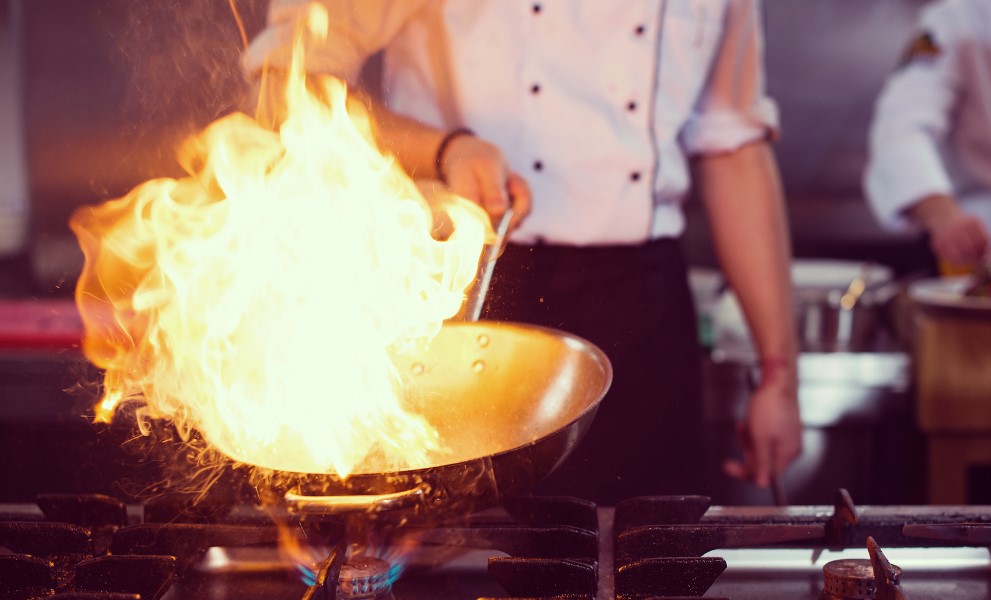
If you are opening a restaurant, you are focusing on several factors. The menus must be tested and planned; the design must be perfected. In addition, you also have to consider the safety features of the building and your procedures. Restaurants, mainly, are at a higher exposure of fire damage and threat because of the nature of the work. To protect your employees, customers and assets, consider several safety features. The following are four essential things to plan.
1. How Is the Dining Room Designed and Run?
Where your patrons eat and how it is put together are essential. Are you permitting smoking? If so, are ashtrays available? Are the table materials combustible? Make sure tablecloths are not likely to catch on fire and that you have fire extinguishers nearby.
In addition, lighting on the table is another factor. Candles create ambiance, but they are a fire hazard. Have a plan for how they are to be used or switch to something without a natural flame.
2. Are Exits Available and Easy To Access?
Each area of your establishment should have at least two exits, allowing people to move freely from a dangerous zone. These exits should be noted clearly for others to see and have no obstructions. Furthermore, during operating hours, exit doors should remain unlocked. Have staff check on these during work times.
3. Is the Kitchen Cleaned Properly and Regularly
While your chef and staff are whipping up masterpieces, they also interact closely with devices that emit excess heat and smoke. In addition, the ingredients used, such as oil, could easily ignite if not treated carefully; thus, the kitchen crew should take great care to work with focus at all times.
Combustible items should be stored in areas where they are unlikely to contact heat sources, and you should ensure that the kitchen is cleaned regularly, freeing it of grease buildup. Some sections may be hard to do on your own. Contact specialists in restaurant vent hood cleaning NYC to get into the tighter areas.
4. Are You Equipped With All Necessary Safety Equipment?
Be proactive about knowing if something happens by installing safety equipment and keeping it up to code. Alarms and sprinkler systems notify people of possible concerns, and the water from the sprinklers could minimize harm to the property. Check your local regulations to ensure that you are doing everything you can and should.
As you prepare for opening night, consider how you plan to maintain a safe environment for patrons and employees. Fire safety is vital, so know the threats and work to mitigate them.

